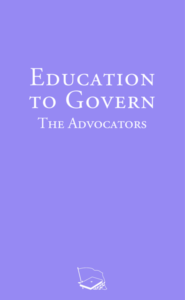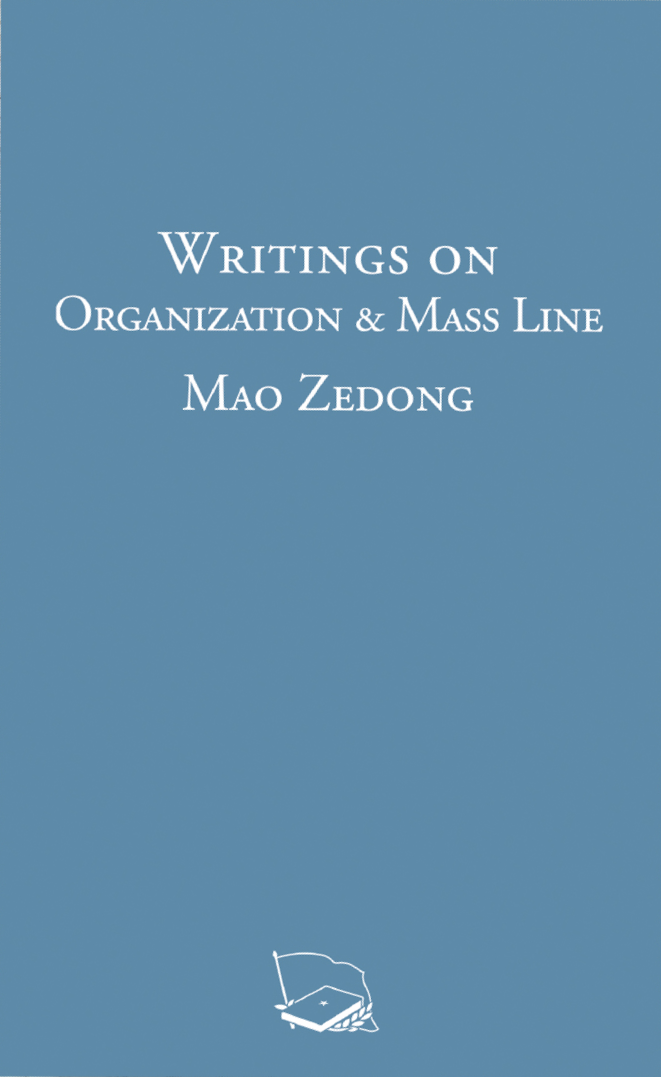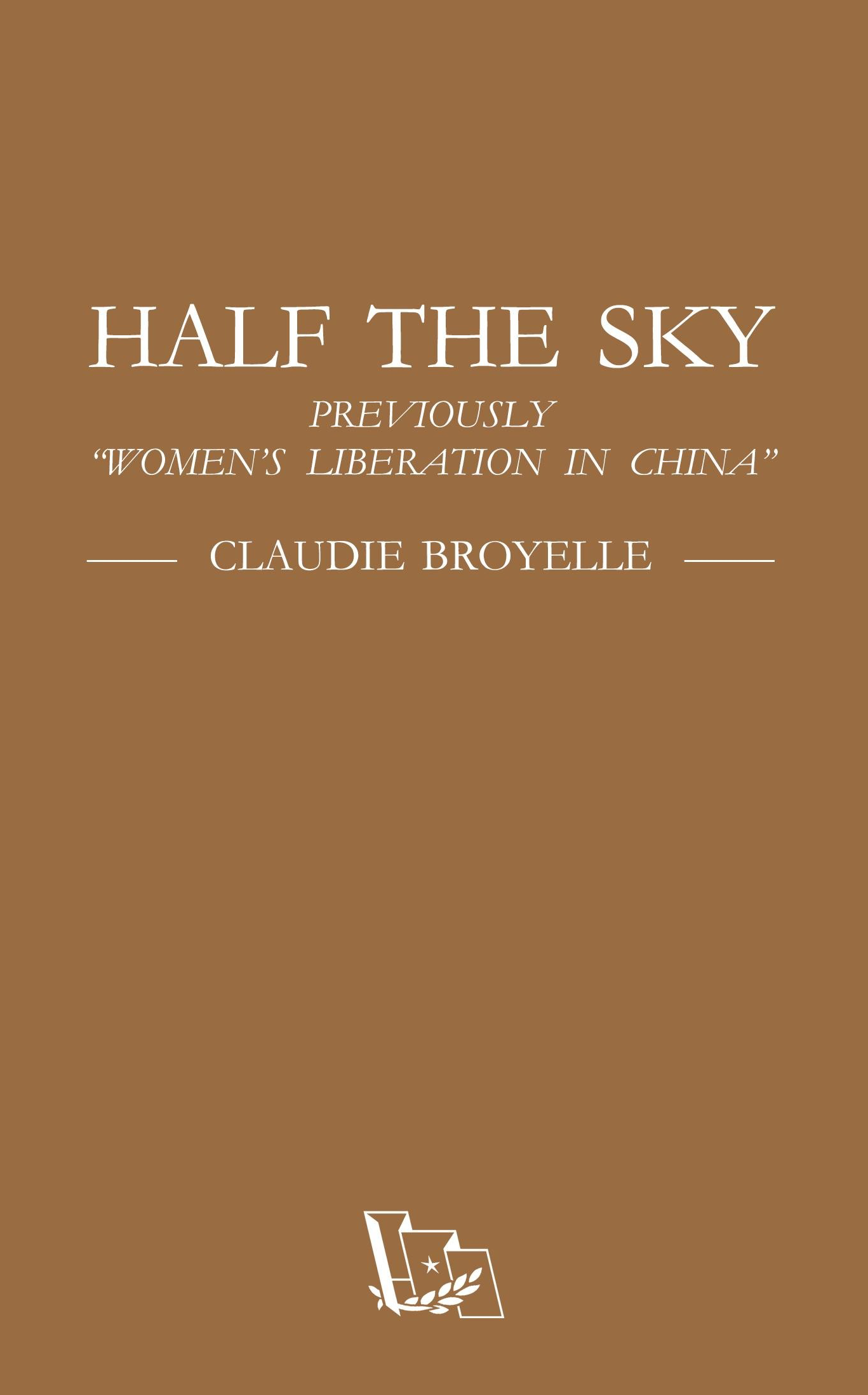


Books in series

Marxism-Leninism-Maoism - Basic Course
2016

Philosophical Trends in the Feminist Movement
2016

Minimanual of the Urban Guerilla
1969

Five Golden Rays
1968

Stand for Socialism Against Modern Revisionism
2022

Strategy for the Liberation of Palestine
2023

Against Avakianism
2017

Specific Characteristics Of Our People's War
2021

Rethinking Socialism
What is Socialist Transition?
2000

Fedai Guerillas Speak on Armed Insurrection in Iran
2023

Revolutionary Works
2023

Urban Perspective
2023

Five Essays on Philosophy
1971

Post-Modernism Today
2023

Historic Eight Documents
2023

A New Outlook on Health
2020

Basic Principles of Marxism-Leninism
A Primer
2021

Towards A Scientific Analysis of the Gay Question
1975

Activist Study – Araling Aktibista
2020

Education to Govern
2021

Constructive Criticism
A Handbook
1988

Writings on Organization and Mass Line
2024

Half the Sky
1974
Authors

Prof. Jose Maria Sison is a Filipino patriot, a proletarian revolutionary and internationalist. He is a Filipino statesman, known for his experience in and knowledge of the people's democratic government and revolutionary forces in the Philippines. He is sometimes consulted by high officials of foreign governments and by presidents, senators, congressmen and local officials of the Philippine reactionary government concerning peace negotiations with the National Democratic Front of the Philippines (NDFP) and related matters. He is recognized as the leader of the Filipino people's movement for national liberation and democracy in the last 50 years. The celebration of this coincides with that of the 40th anniversaries of the Communist Party of the Philippines (CPP) and the New People's Army (NPA). After the destruction of the armed revolutionary movement in the early 1950s in the Philippines, he was chiefly responsible for the resurgence of the anti-imperialist and anti-feudal mass movement in the Philippines since 1959. He was the founding Chairman of the Central Committee of the CPP, 1968-77. He is one of the world's leading authorities on the theory and practice of Marxism-Leninism and Maoism, on revolutionary movements in Asia and on the international communist movement. He has been a recognized poet since 1962 and awardee of the Southeast Asia WRITE Award for poetry, 1986.

Carlos Marighella (5 December 1911 – 4 November 1969) was a Marxist Brazilian writer, politician, and guerilla fighter who lived during the 20th century. Marighella's most famous contribution to revolutionary literature was the Minimanual of the Urban Guerrilla, consisting of advice on how to disrupt and overthrow an authoritarian regime, aiming at revolution. Written shortly before his death late 1969 in São Paulo, Minimanual was first published in North America by The Berkeley Tribe in California in July 1970 in an English edition. Marighella also wrote For the Liberation of Brazil. The theories laid out in both books have greatly influenced contemporary ideological activism.
Anuradha Ghandy (28 March 1954 – 12 April 2008) was an Indian communist, writer, and revolutionary leader. She was a member of the banned Communist Party of India (Maoist). She was mostly involved in propaganda, and in CPI's insurgency into urban areas. She was one of the founding members of the Communist Party of India (Marxist–Leninist), in Maharashtra. Among the policy papers drafted by the Marxist movement, Anuradha had contributed significantly to the ones on castes and 'Feminism and Marxism'. She made the guerillas realise the potential of worker cooperatives in areas like agricultural production, in Dandakaranya. She was also critical on shifting patriarchal ideas that were then dominant in the party. In her obituary for Anuradha, with whom she was friends from the days when the latter was still a college student in the 1970s, Jyoti Punwani wrote: "'The Naxalite menace', says Manmohan Singh, 'is the biggest threat to the country'. But I remember a girl who was always laughing and who gave up a life rich in every way to change the lives of others".